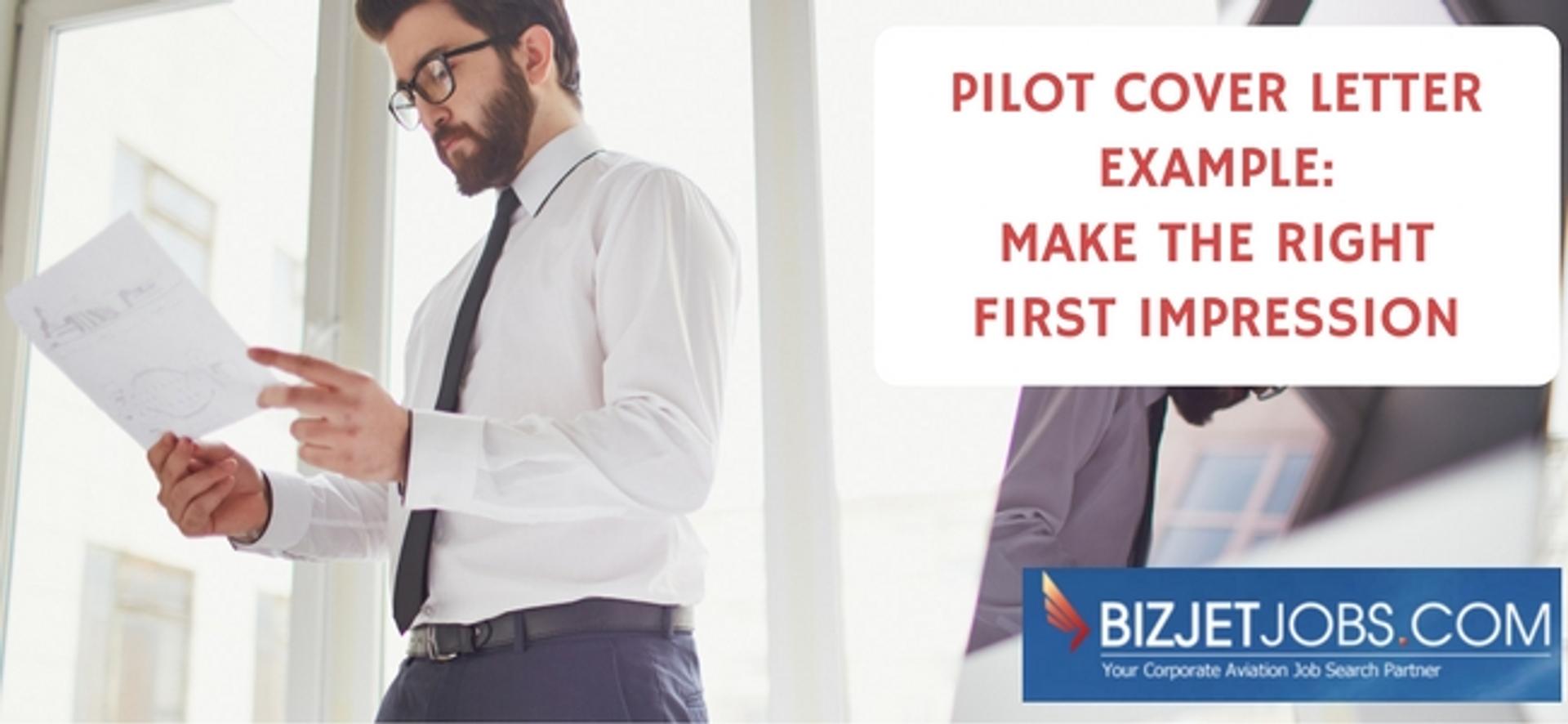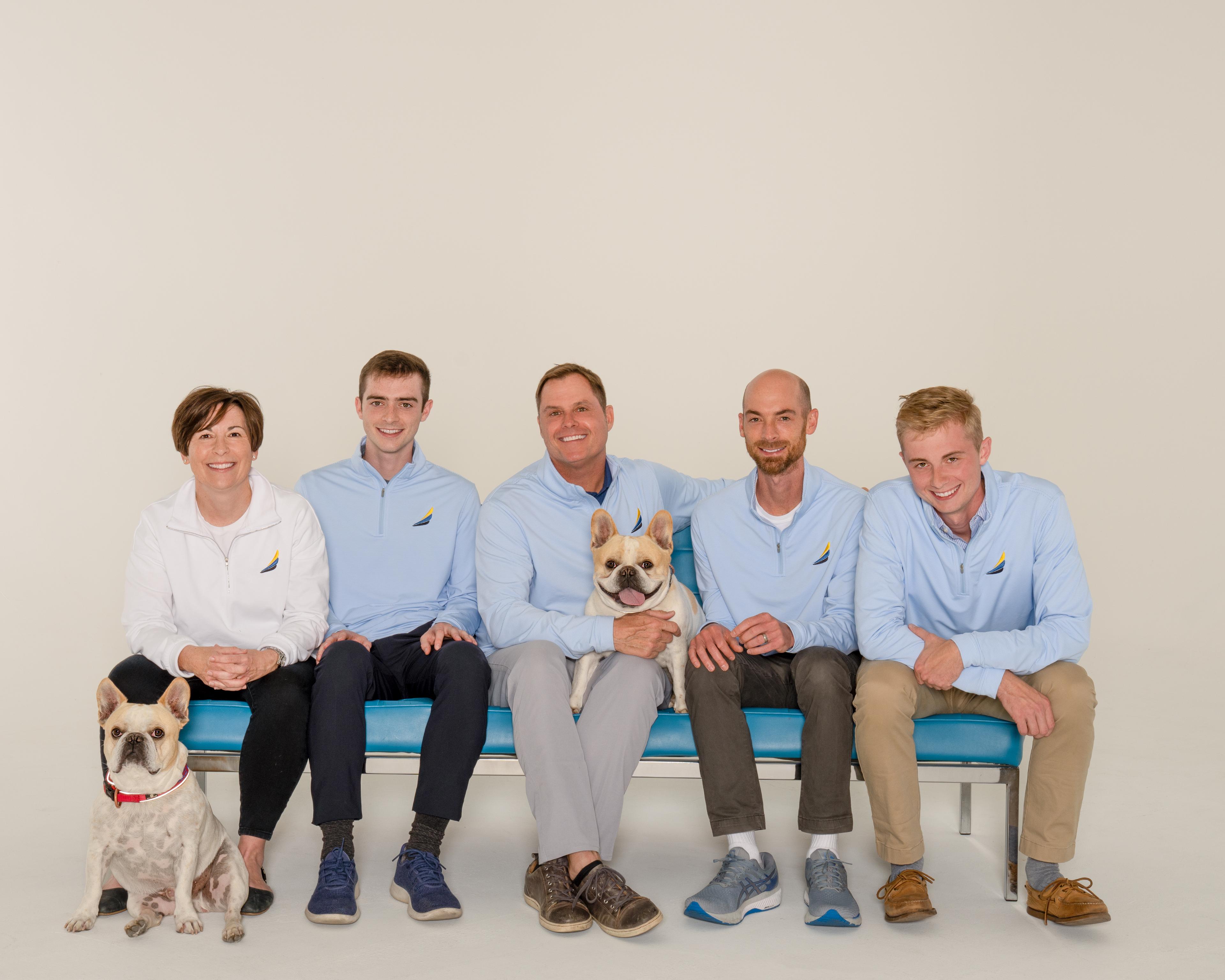

Aviation HR expert Angie Marshall recently shared her pilot cover letter example and pilot cover letter tips that will help you make the right first impression on a potential corporate aviation employer. Angie is a Pilot Employment Consultant with over twenty years of experience preparing pilots for their professional aviation careers.
Marshall believes pilot cover letters take on a bit more importance for prospective corporate pilots applying for a job than for standard airline pilot job applications. "This is because the airlines primarily follow the company application form when reviewing documents and interviewing an applicant," says Angie. "Corporate flight departments may not even have a company application. They will rely much more heavily on the prospective pilot's resume and cover letter when reviewing documents in the interview." For this reason, a corporate pilot cover letter will need to be more in-depth than a standard airline cover letter.
Here are some cover letter tips to consider:
- Stick to one page. A cover letter of more than one page will overwhelm the reader, causing him or her to miss important facts about your experience.
- Use names. Whenever possible, address the cover letter to a person or department, rather than the generic "To Whom it May Concern," or "Dear Chief Pilot." This shows a genuine interest in the company and that you’ve done your research. Use the BizJetJobs.com Corporate Flight Departments Directory (Aviation Employers Database), search our Job Listings by the company of interest or use the Corporate Flight Department's website to find the names you need.
- Opening statement. Make your opening statement specific and to the point. “I read about your current opening for a Citation Pilot with great interest. I have included my resume for your consideration.” This allows the reader to immediately understand your intent.
- Personal vs. technical skills. Cover letters need to be a blend of both your personal and technical skills. In the HR world, we call them “hard skills and soft skills." The hard skills are those things that you can prove (flight time, certifications, etc.) where soft skills are more about your communication skills, personality and intangible personal attributes.
- Don’t repeat information. Remember that the person reviewing your cover letter will be reviewing your resume as well. Make sure your contact information appears in the proper places on your cover letter, but don't repeat it in the body of your cover letter text. Cover letters are valuable real estate, so tell a consistent story about your personal and technical skills, but don’t waste space repeating information.
- The “fluff” factor. Don’t go overboard on complimenting the company to which you are applying. Wrong approach: “I read about your company and how it is growing. The potential to grow with a top company such as yours is an opportunity that I can’t possibly pass up. You are rated Number 1 for customer service in the nation, and I want to be part of that team.” Right approach: “Having read about your company in ABC magazine regarding your customer service rating has only solidified my interest in working for you. I have over 10 years of experience working for a company in which we transported VIP’s, celebrities, company CEO’s and political figures…..” The important thing to remember is that you have to get across the skills you have that will be an asset to their value system and company as a whole.
- Polish your cover letter! In today’s competitive pilot job market, you need to ensure that everything looks perfect. Be sure to use spell check, correct email address and phone numbers, and a well balanced and professional cover letter. Have a friend, family member or trusted colleague in the industry with an eye for detail review it. Two sets of eyes are always better than one.
A cover letter is a selling tool and a brief glimpse into the personality of the applicant. Since many recruiters or interviewers will not have the ability to speak directly to the applicant right away, the cover letter works as your spokesperson. Use it to your advantage! To help you get started, try writing out your “elevator pitch.” If you were to get into the elevator with the Director of Operations making the hiring decisions at the Corporate Flight Department you are interested in and you had 20 seconds to make a case as to why the company should hire you, what would you say? Now, take this speech and create a cover letter around it.





